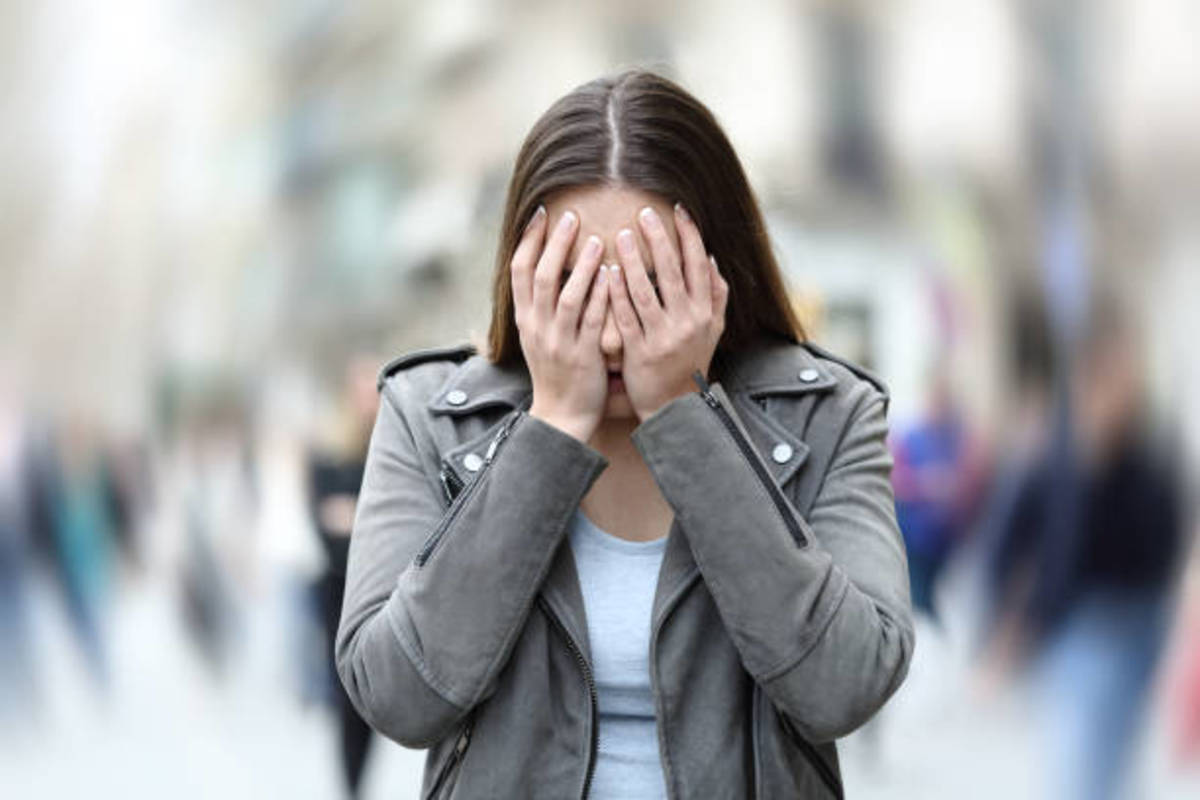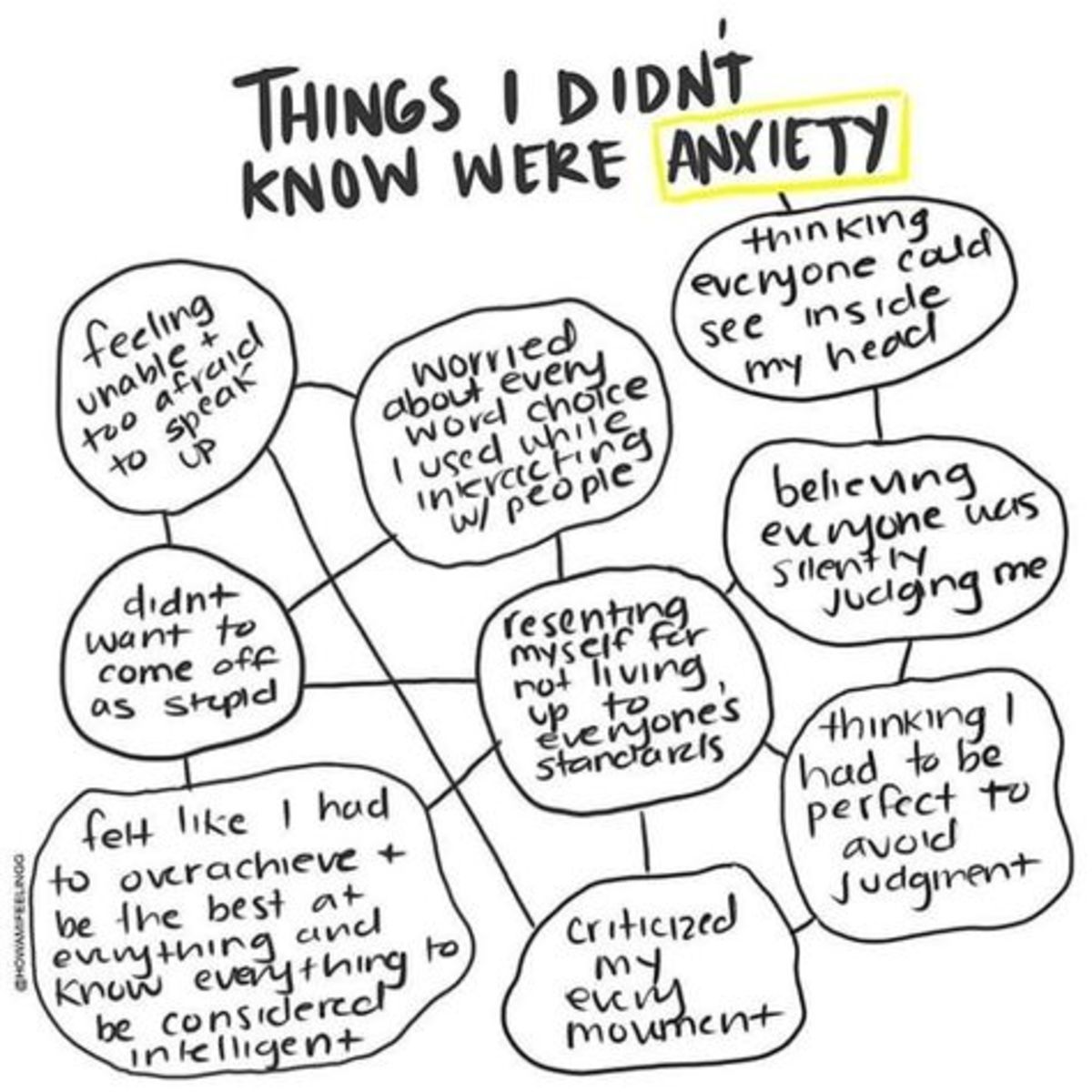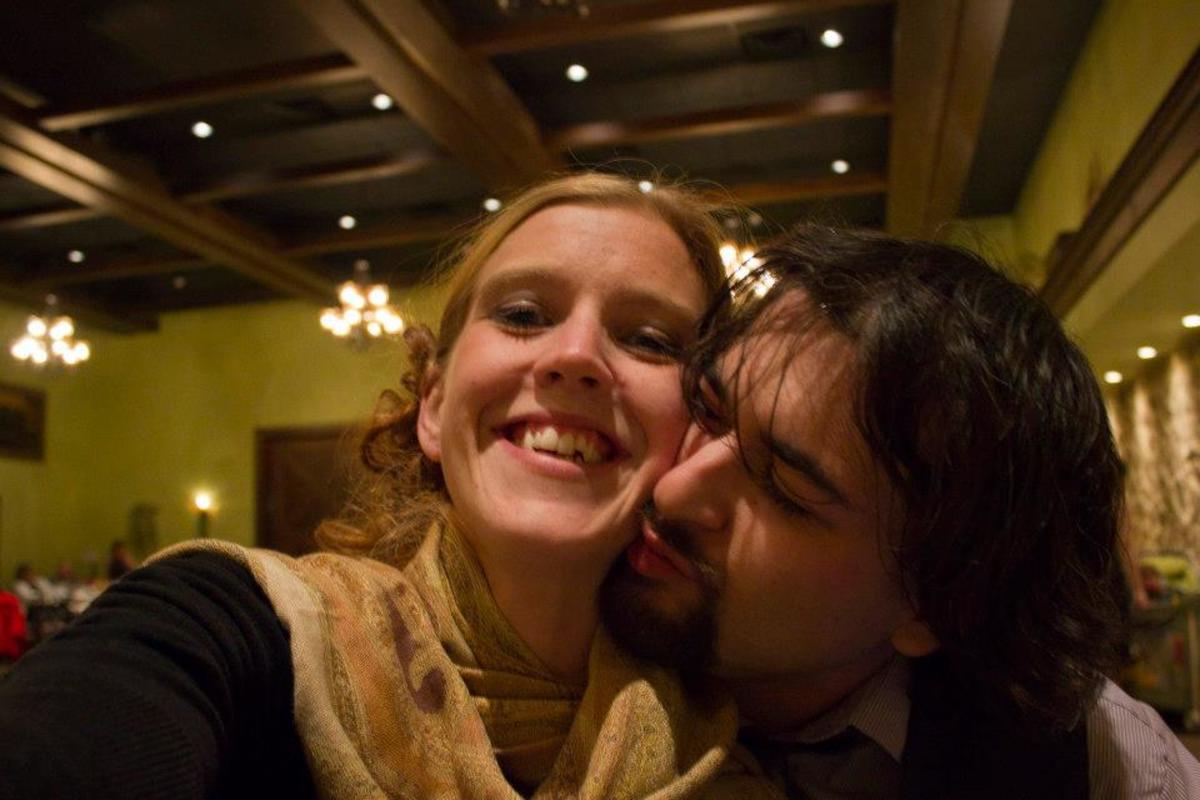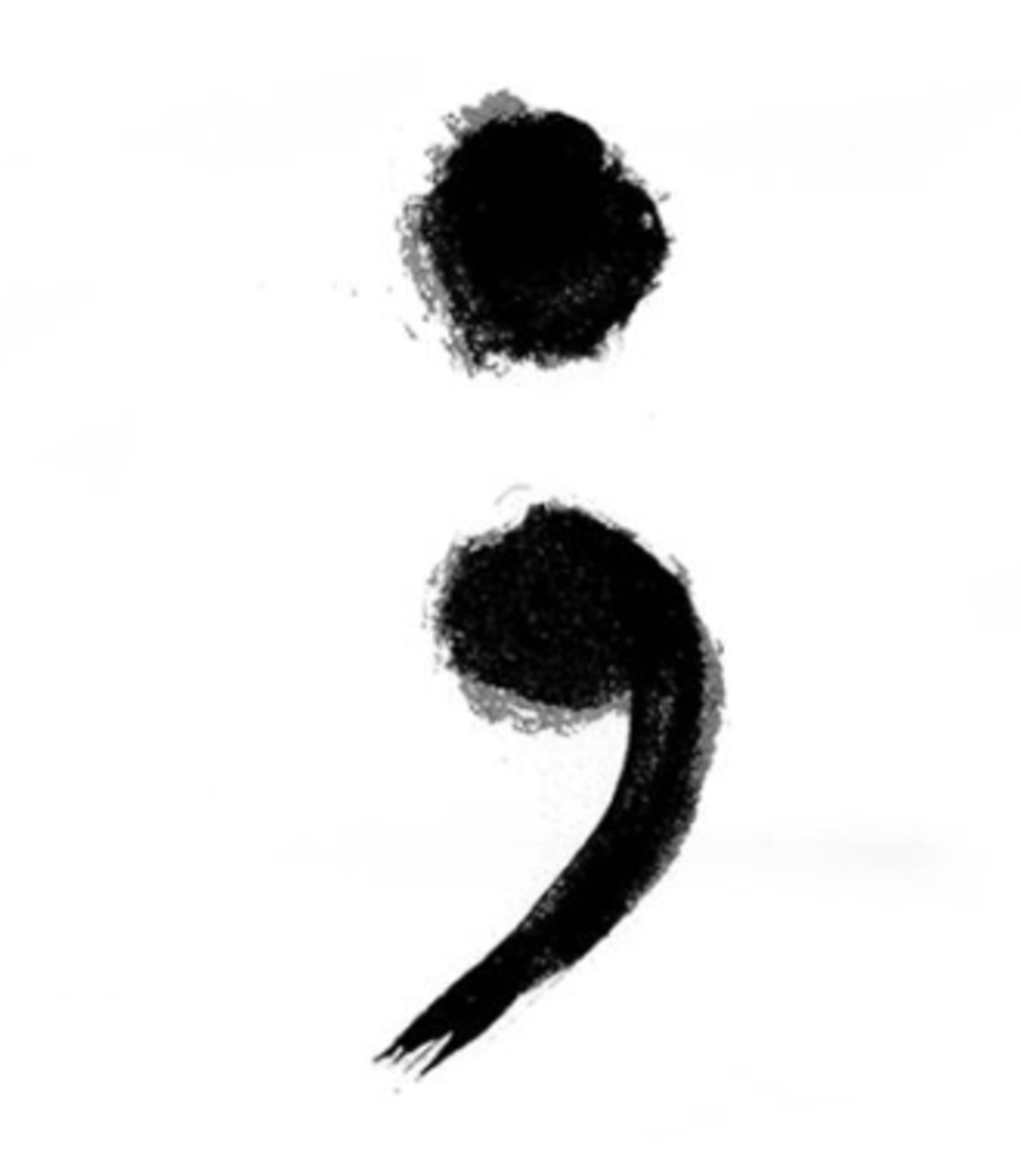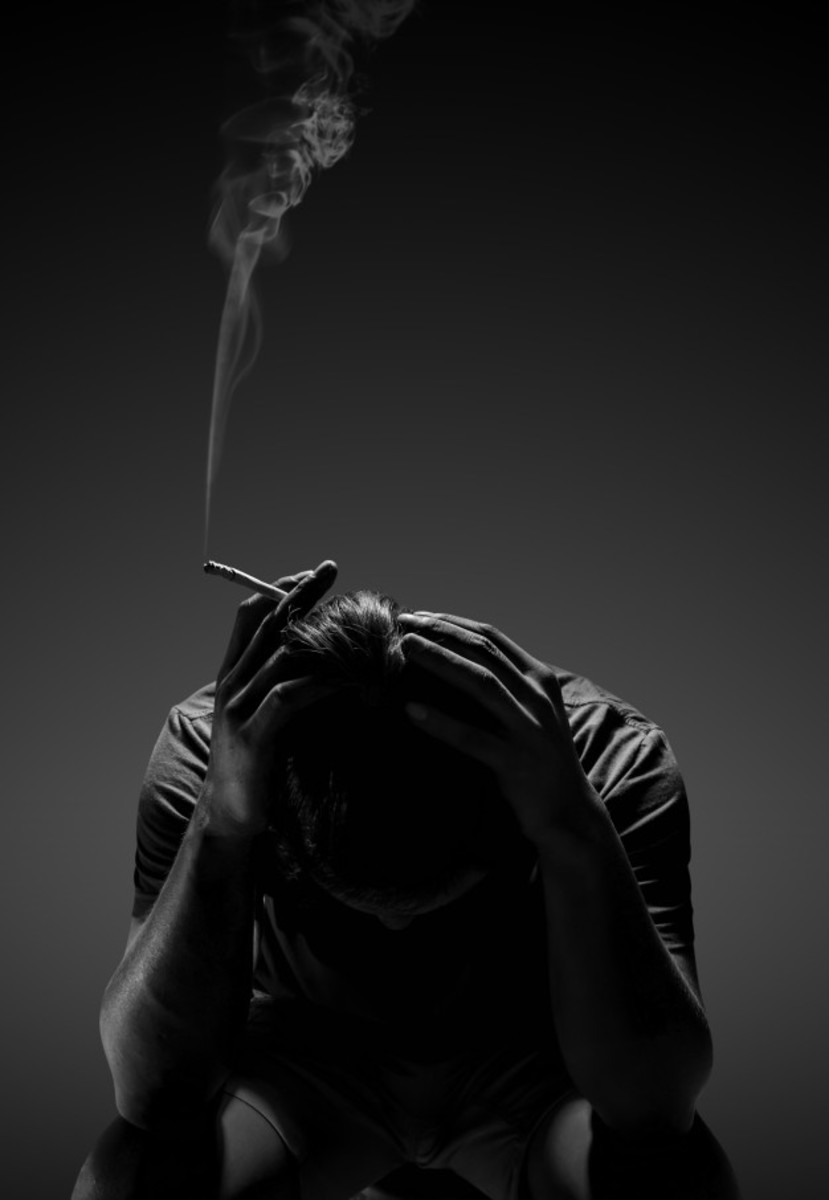How to Cope With Anxiety and Panic Attacks

Anxiety and panic attacks can seem to be one of the most crippling experiences ever to be had by man at times. It can cloud a person’s thinking, remove all sense of security, and can make it feel as if they’re going insane. Sometimes people will even feel anxious when they’re afraid or perhaps nervous. Anxiety is often a result of fear, stress, or turmoil, but in many cases, anxiety can be a chronic condition that affects an individual on a daily basis at random times for random reasons.
Anxiety is rather complex and it is accompanied by both emotional and physical symptoms. When people think of anxiety, they usually think of fear or panic, but there is so much more to it than that. It can truly be a frightening experience. Anxiety can lead to series of unpleasant anxiety attacks, also known as panic attacks.
What is happening when a person experiences an anxiety attack? Well, in each person it may differ a little, but for the most part it is a time of intense panic and worry. During an anxiety attack, the individual may feel like they are short of breath, a feeling much like a heart attack in a way (but it’s not, don’t worry!). Once the person feels unable to catch their breath, they may begin to panic, become paranoid, and worry obsessively about terrifying scenarios.
Some scenarios may include:
-
Worrying about dying.
-
Worrying about going insane.
-
Becoming extremely self-conscious and/or paranoid.
-
Worrying about harming others or themselves. (In most cases, these worries just remain as thoughts and never turn into actual actions. They are harmless).
-
Experience hypochondria or other phobias
It can become an obstacle to focus and calm down during an anxiety attack. It is difficult to think of anything else, but the tremendous amount of anxious energy flowing throughout the body at the time. It becomes overwhelming as it almost seems to completely consume the entire individual.
What can a person do to cope with or help fight off an anxiety attack? Anxiety attacks often happen rather suddenly and sometimes unexpectedly as well. With that in mind, it may be a good idea to have a plan in place in case an attack ever occurs. For example, if you are at work, at school, or out in public, it may help to step away from any crowds to get some space and find somewhere to try to collect yourself as best as possible.
One helpful coping skill for a panic attack is to slowly breathe in through the nose, out through the mouth and repeat. Remember to breathe slowly and focus on the action of breathing. Some may find comfort by laying down or listening to music until the attack passes. The coping skill that works best for some may not work for all though. Some may like to be held or hugged to feel safe and secure whereas others want to be alone without any physical contact or help at all.
Here is a list of some coping techniques that may be helpful:
-
Listening to music
-
Breathing exercises
-
Curl up in blankets
-
Yoga or Dance
-
Exercise
-
Candle lit bath with calming Epsom salts
-
Try positive self-talk and reassurance (Ex; “It will get better.” “Keep calm, it will be okay.” “This has happened before, I’ll pull through.” “I’m a strong person. I can do this!”)
-
Cuddle with a pet or significant other
This content is accurate and true to the best of the author’s knowledge and is not meant to substitute for formal and individualized advice from a qualified professional.

